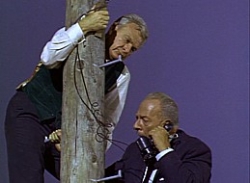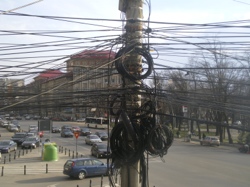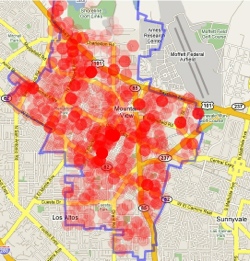Telecoms privacy, or lack thereof, is a choice you've already made

You’re gonna have to answer to the Coca-Cola company.
What we’ve seen over the past week might be news, but it’s not new. Telecoms and information service providers are in an ever tightening squeeze, as public and private interests use congressional influence to access customer information for their own ends.
It’s still not clear just how enthusiastically Google, Facebook, Verizon, AT&T and others have cooperated with federal spying efforts. So far, when companies have commented, it’s been along the lines of “we’re only doing what we’re required by law to do, and nothing more.”… More









